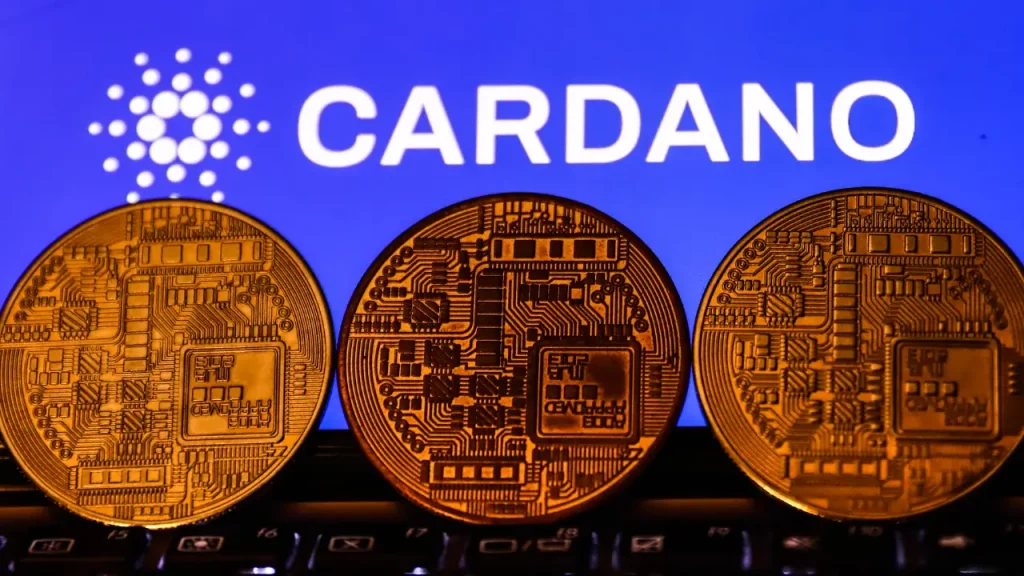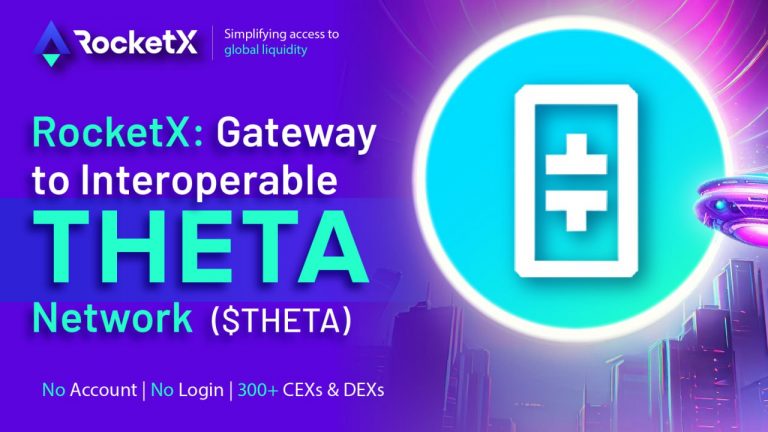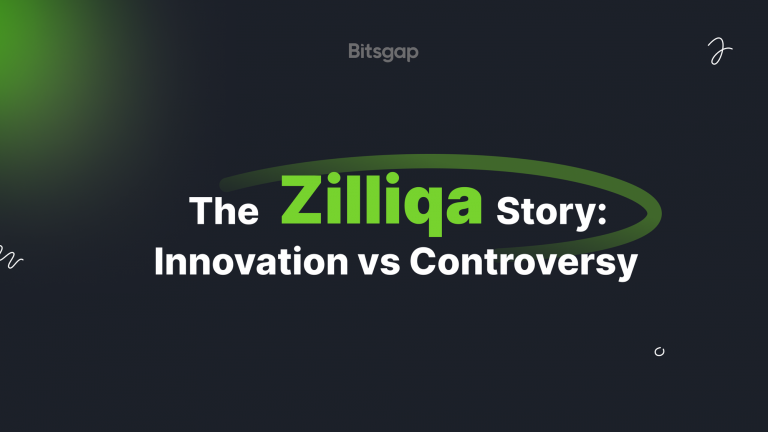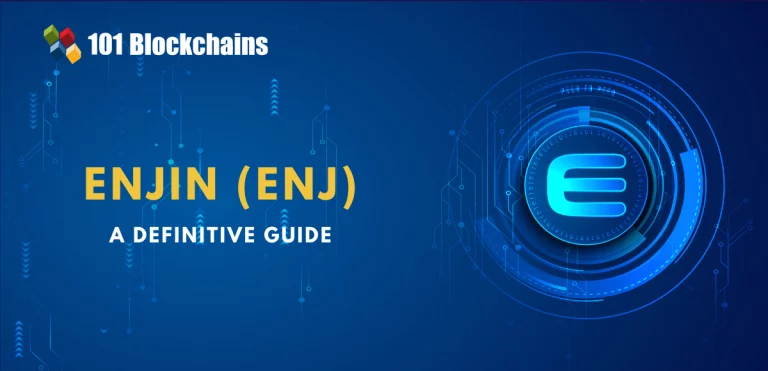
Cardano A Platform for Change
Cardano, a decentralized blockchain platform, was founded in 2017 by Charles Hoskinson, one of the co-founders of Ethereum. It aims to provide a more scalable, sustainable, and secure alternative to existing blockchain platforms. Cardano’s unique approach and focus on academic research have positioned it as a promising player in the cryptocurrency and blockchain space.
The Ouroboros Consensus Mechanism
One of Cardano’s key innovations is its use of the Ouroboros consensus mechanism. Unlike Bitcoin’s proof-of-work (PoW) algorithm, which is energy-intensive, Ouroboros is a proof-of-stake (PoS) algorithm. In PoS, participants stake their cryptocurrency holdings to validate transactions and secure the network. This makes Cardano more energy-efficient and scalable than platforms that rely on PoW.
The Cardano Trilemma
Cardano is designed to solve the “blockchain trilemma,” which states that it is difficult to achieve scalability, security, and decentralization simultaneously. By focusing on research and development, Cardano aims to balance these three factors.
- Scalability: Cardano’s Ouroboros consensus mechanism and layered architecture allow for scalability, enabling it to handle a large number of transactions.
- Security: Cardano’s rigorous academic research and development process ensure that the platform is secure and resistant to attacks.
- Decentralization: Cardano is designed to be a decentralized platform, with no single entity controlling the network. This promotes fairness and transparency.
The Cardano Ecosystem
Cardano’s ecosystem is growing rapidly, with a wide range of applications and projects being built on the platform. Some of the key areas of focus include:
- Decentralized Finance (DeFi): Cardano is home to a growing number of DeFi applications, such as lending platforms, decentralized exchanges, and stablecoins.
- Smart Contracts: Cardano’s smart contract platform allows developers to create and deploy decentralized applications.
- Supply Chain Management: Cardano can be used to track and trace products throughout the supply chain, ensuring transparency and efficiency.
- Identity Management: Cardano can be used to create decentralized identity solutions, providing individuals with greater control over their personal data.
The Future of Cardano
The future of Cardano looks promising, as the platform continues to evolve and expand. With its focus on research, development, and sustainability, Cardano has the potential to become a leading player in the blockchain space. As the demand for decentralized applications and services grows, Cardano’s unique approach may offer a compelling alternative to other blockchain platforms.
In conclusion, Cardano is a promising blockchain platform with a focus on scalability, security, and decentralization. Its innovative approach and growing ecosystem make it a platform to watch in the world of cryptocurrency and blockchain technology. As the industry continues to evolve, Cardano may play a significant role in shaping the future of decentralized finance and beyond.



